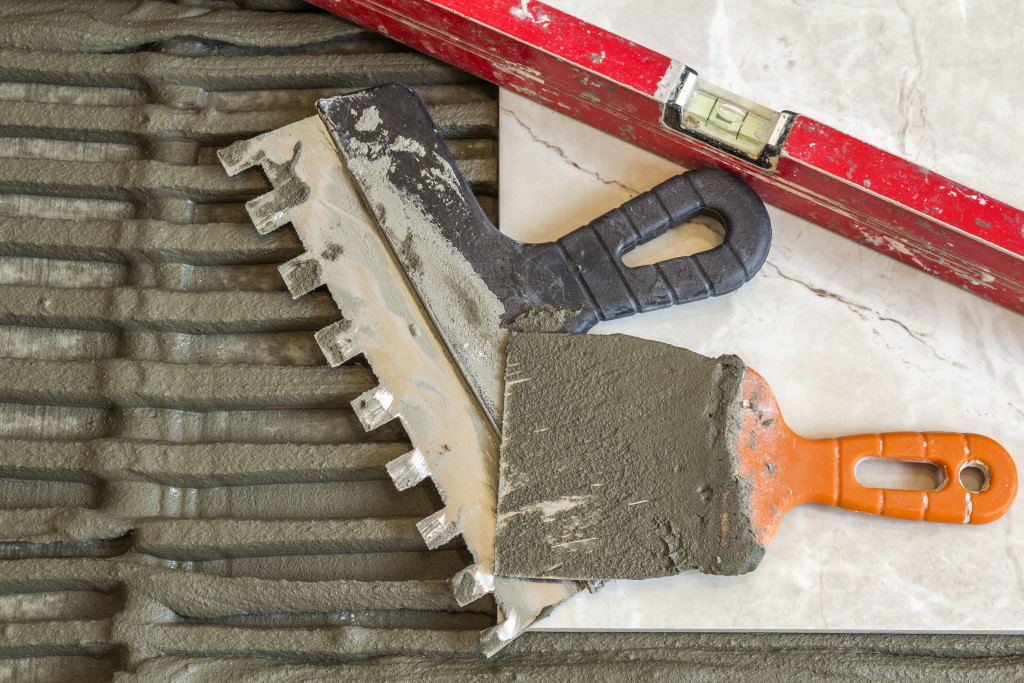It’s time for you to take the plunge and take your business from the web to a brick-and-mortar place. When deciding if a physical location is right for you, many things to consider. Still, one of the most important considerations is what kind of customer experience you want your business to offer. Will you be able to offer a personalized experience? Do you have enough funds available? Is there enough space in the area for your needs? Once you’ve answered these questions, as well as other factors such as zoning and insurance requirements, then you can finally decide if opening up a brick-and-mortar location is right for your business.
Why Brick-and-Mortar Businesses Are Thriving Again?
Due to some very successful cases of brick-and-mortar stores, many people are looking at this as an excellent opportunity for starting up their businesses. Brick-and-mortar stores find themselves with an advantage over online retailers because customers can “check out” the products before purchasing them; they also receive instant gratification upon purchase. Brick-and-mortar stores also tend to be less costly than having to ship items and offer more opportunities for customization than online stores.
What Do You Need to Start a Brick-and-Mortar Business?
Now that you understand why brick-and-mortar businesses are thriving again, it’s important to learn about the basics of what you’ll need to get started. This includes a business license, permits, zoning compliance, and an insurance policy.
-
Business Plan
First things first: you’ll need to create a business plan that includes the information you’ve gathered about starting up your brick-and-mortar location. This may include items such as what kind of products or services your business offers, where it will be located, how much money you’re going to need to get started, and how customers can contact you for more information. Ensure that everything is included from the get-go so that there aren’t any surprises down the road!
-
Financing
One of the nicest things about starting a brick-and-mortar business is that it’s best to have your financing in hand before you start. This will help ensure that you are prepared for the expense of opening the doors, whether through loans, inventory, or both. It can be hard to decide which financing option is best for your business, but there are some ways that you can find what’s best for your needs.
When deciding on financing options, considerations include how much money you need upfront and how long you need to pay. You’ll also need to consider the interest rate on loan; this will let you know how much of your cash flow each month will go towards paying off your debt. For convenience, you can opt for push payments for loan disbursements. With push payments, you can receive real-time updates on the progress of your loan so that you can stay in control of your finances. It is important to weigh out your options and decide that will work best for your individual needs.
-
Zoning Compliance
Zoning compliance is important to consider before opening up a brick-and-mortar location. This means that you’ll need to make sure that your business meets any zoning requirements, which typically depend on the area where it’s located. Zoning prohibits businesses from opening up in residential areas or stores open 24 hours per day. You can normally avoid these problems by researching the zoning requirements for the site before opening up the shop.
-
Insurance
Another item that’s critical for brick-and-mortar businesses is insurance. This includes liability, property, and commercial property insurance policies. Each of these will help ensure that your store will be taken care of no matter what happens. This means that you’ll be able to focus on your business and not worry about the possibility of something going wrong.
-
Permits and Licenses
To legally operate a brick-and-mortar business, you’ll need to obtain certain permits and licenses. This varies depending on your location but can include a sales tax license, health permit, or fire inspection. Make sure that you are aware of what is needed to keep your business running smoothly.
-
Marketing
As with any business, marketing is key to success. With a brick-and-mortar store, it’s important to utilize both online and offline methods to let people know about your business. Some traditional methods still work well, including radio and print ads, but don’t forget about your online presence. Social media is typically one of the first places people go to find out more information about a business. Ensure a professional website for customers to visit and an active social media presence.
-
Legal Considerations
Finally, you’ll need to consider the legal aspects of opening up your brick-and-mortar business. This includes ensuring that employees are safe and that your company is compliant with all federal, state, and local laws. You should also check into the insurance coverage you need to protect yourself against any employer malpractice suits down the road. Again, this varies by location depending on what kind of work will be done at your place of business; legal counsel can help you determine what exactly needs to be done for your business to be prepared.
How Will You Get Your Products?

For your brick-and-mortar store to succeed, you’ll need to have a steady supply of products to sell. This can be done in a few different ways:
- Manufacture your products
- Buy products from wholesalers
- Partner with local artisans or farmers markets
No matter which route you choose, make sure you have a solid plan for getting your products to your store.
Opening a brick-and-mortar location is an excellent opportunity for anyone looking to start their own business. If you’re already in the business of selling products or services, then having your brick-and-mortar location will let you expand your reach and increase sales.









